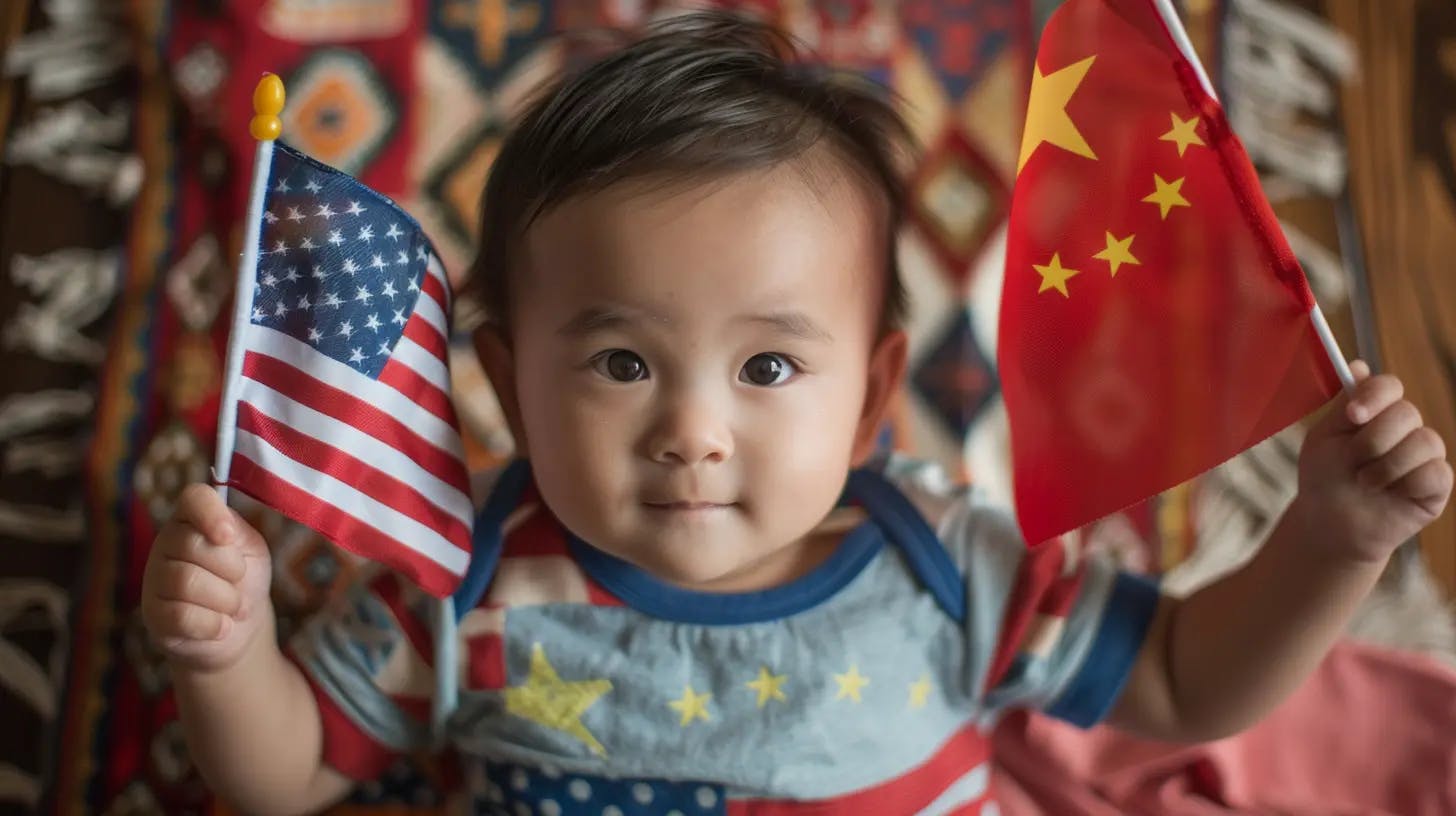Embracing Unique Baby Names: Navigating Pronunciation and Cultural Identity


Choosing a baby name is a deeply personal and meaningful decision for parents. In an increasingly diverse and globalized world, many parents are drawn to names that reflect their cultural heritage or have unique meanings. However, with unique names often come challenges in pronunciation and concerns about how the child will navigate their name in a society that may not be familiar with it.
The Dilemma of Hard-to-Pronounce Names
A recent post on the subreddit "namenerds" highlighted this dilemma. A mother shared her experience of giving her daughter a beautiful Chinese name, Xinyou (pronounced "schin-yo"), which means "a curious and wandering heart." However, during a doctor's appointment, she realized that most people struggled to pronounce the name correctly due to its unique spelling.
The mother found herself torn between wanting to honor her child's cultural identity and fearing that her daughter would face a lifetime of constantly teaching people how to say her name. She considered changing the spelling to something more intuitive, like "Shinyo" or "Schinyo," to make it easier for others to pronounce.
You can read the full post here: Is my daughter's name impossible to pronounce?
The Value of Cultural Identity
Many responses to the post encouraged the mother to keep the original Chinese spelling of Xinyou. They argued that a name is more than just a label; it's a connection to one's cultural roots and family history. By giving her daughter a Chinese name, the mother was gifting her a piece of her heritage and identity.
Several commenters shared their own experiences of having unique or culturally significant names. One person, with a Thai name, argued that if people can learn to pronounce complex words like "Sauvignon blanc" or "Tchaikovsky," they can also learn to say "Xinyou." Another commenter shared a powerful anecdote about actress Uzo Aduba, whose mother refused to let her change her Nigerian name, stating:
"If they can learn to say Tchaikovsky and Michelangelo and Dostoyevsky, they can learn to say Uzoamaka."
Navigating Pronunciation Challenges
While having a unique name can come with challenges, many people argued that it only takes a few times to teach others how to pronounce it correctly. Some suggested providing a pronunciation guide or a note to help people learn the correct way to say the name.
Others pointed out that even common names often get mispronounced or mistaken for similar-sounding names. The key is to approach these situations with patience and understanding, recognizing that most people mean well and are willing to learn.
These insights offer valuable advice for parents navigating the challenges of unique names. Providing a pronunciation guide or note can be a simple yet effective way to help others learn the correct pronunciation of a name. This proactive approach can alleviate some of the frustration and awkwardness that may arise from constant mispronunciations.
Moreover, it's important to recognize that mispronunciations and mistakes happen even with common names. Rather than feeling discouraged or offended, it's essential to approach these situations with patience and grace. Most people have good intentions and are willing to make an effort to learn the correct pronunciation when given the opportunity.
The key to navigating unique name challenges lies in finding a balance between preserving the integrity and cultural significance of the name while also being open to educating others and fostering understanding. By embracing the beauty and meaning of unique names and approaching mispronunciations with a positive and patient attitude, individuals can help create a more inclusive and accepting environment for diverse names.
Ultimately, the decision to keep a unique name or modify it for easier pronunciation is a personal choice that each family must make based on their values, priorities, and circumstances. However, by equipping children with the tools and confidence to celebrate their unique names and cultural identities, parents can empower them to navigate the challenges and embrace the beauty of their distinctive names.
Navigating the challenges of unique baby names is a balancing act between honoring cultural identity and considering practical concerns around pronunciation. While there is no one-size-fits-all answer, the story of Xinyou and the responses it generated offer valuable insights and perspectives.
In the end, a name is a gift that parents give to their children. By choosing a name that reflects their family's culture, history, and values, parents are setting the foundation for their child's sense of self and connection to their roots. With love, support, and encouragement, children with unique names can learn to embrace their identities and confidently navigate a world that may not always get their name right on the first try.
Ready to find the perfect name?
Download Namely app now!
Recent Posts
view all
Embracing Unique Baby Names: Navigating Pronunciation and Cultural Identity
March 14, 2024
Enchanting Irish Baby Names: The Perfect Name for Your Little Leprechaun
March 12, 2024


